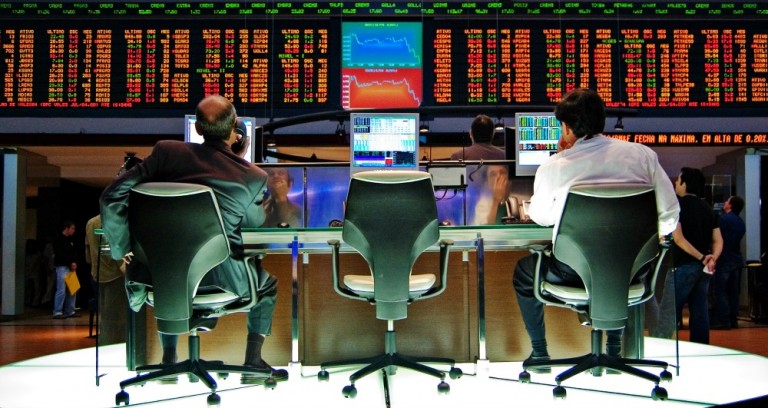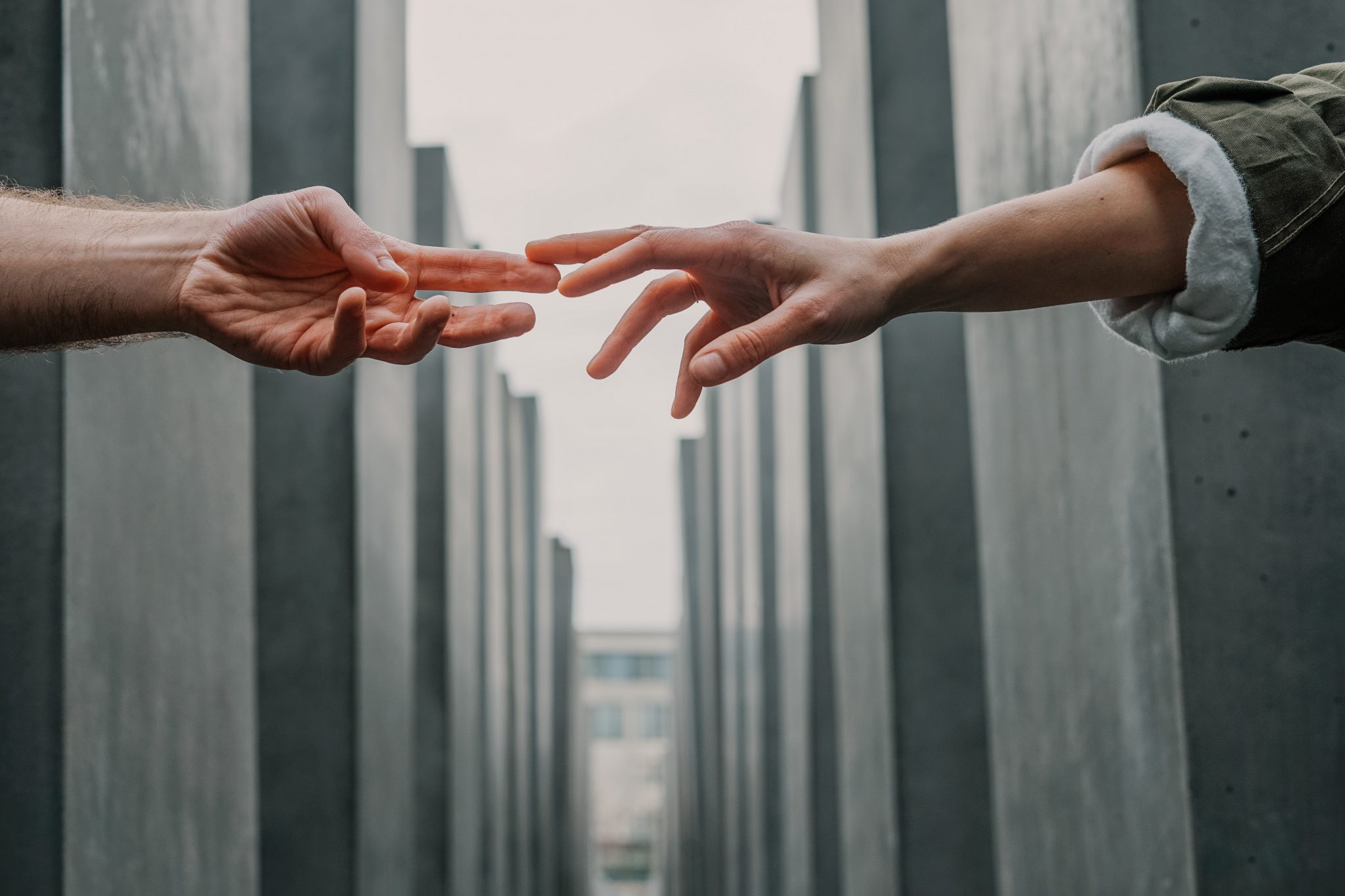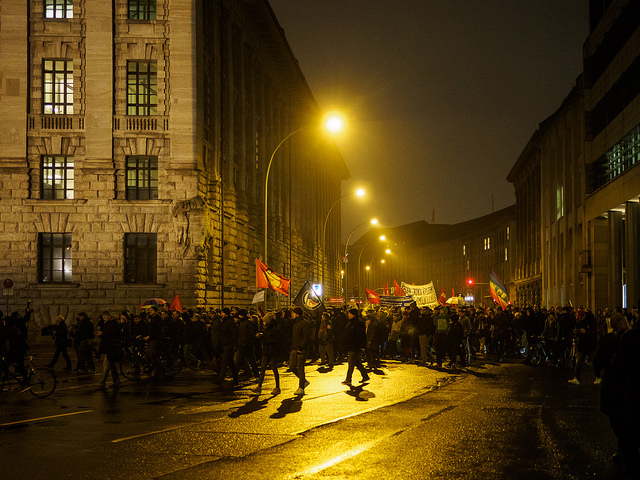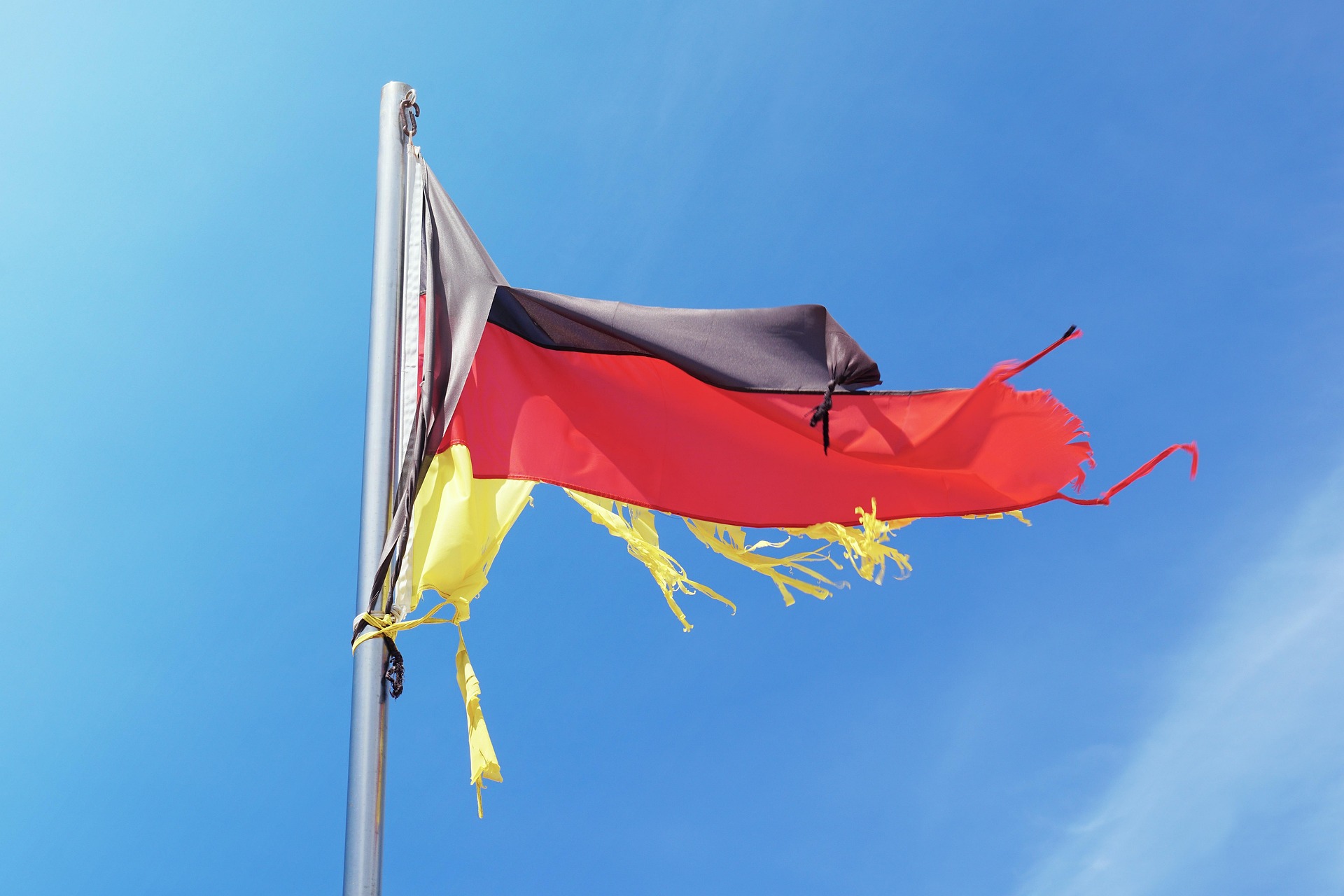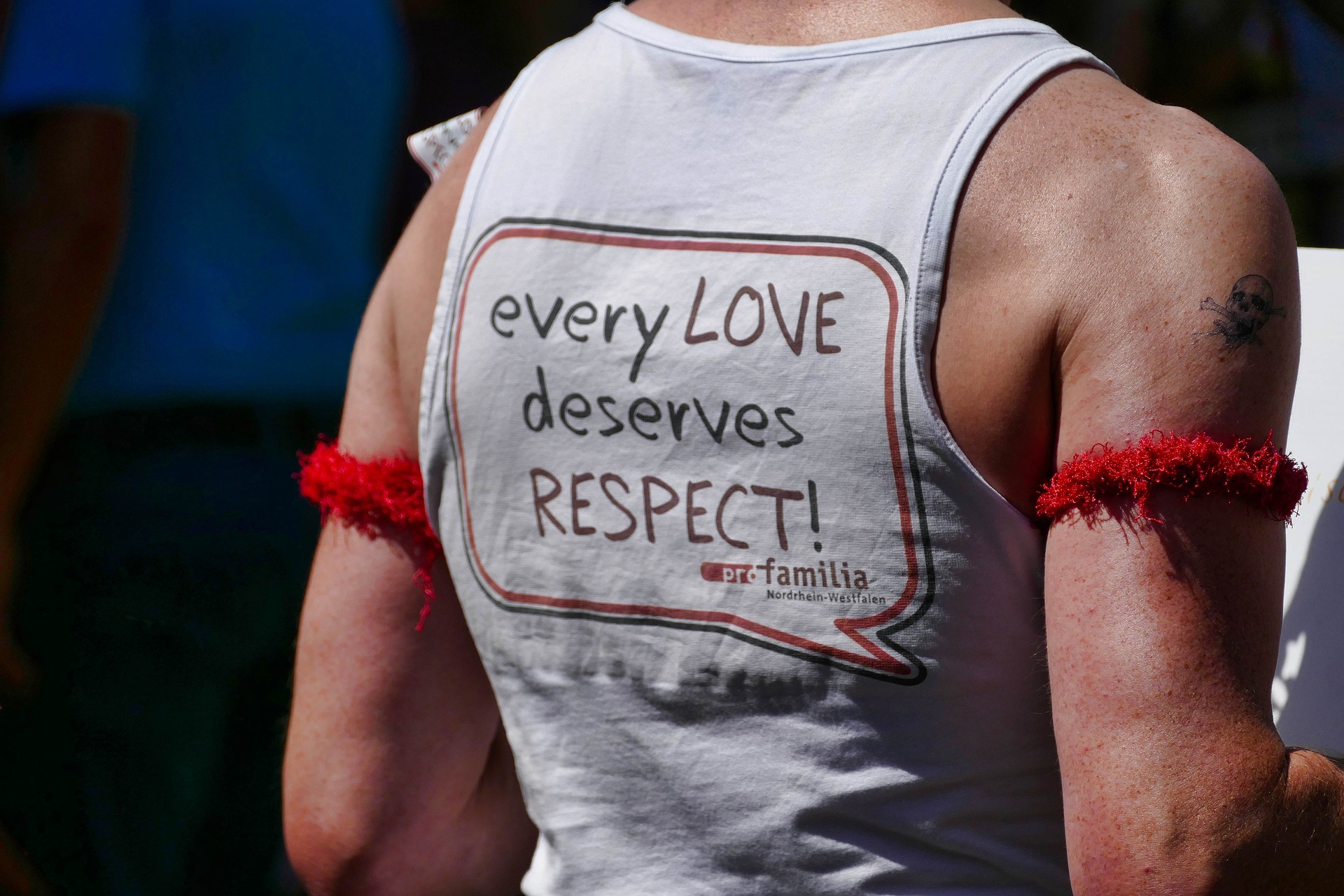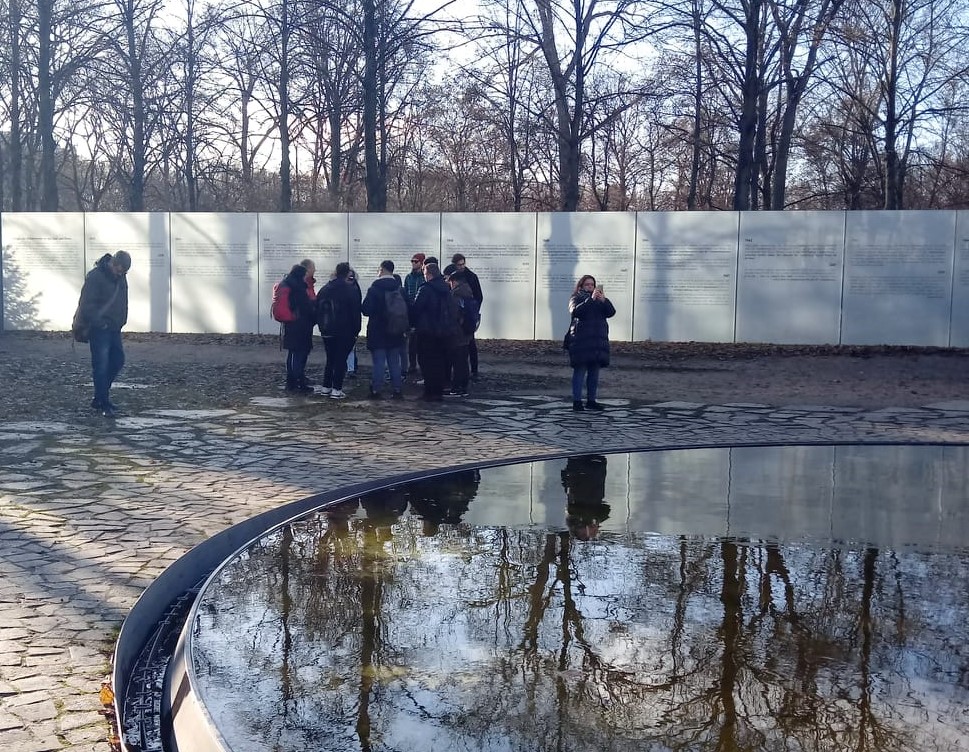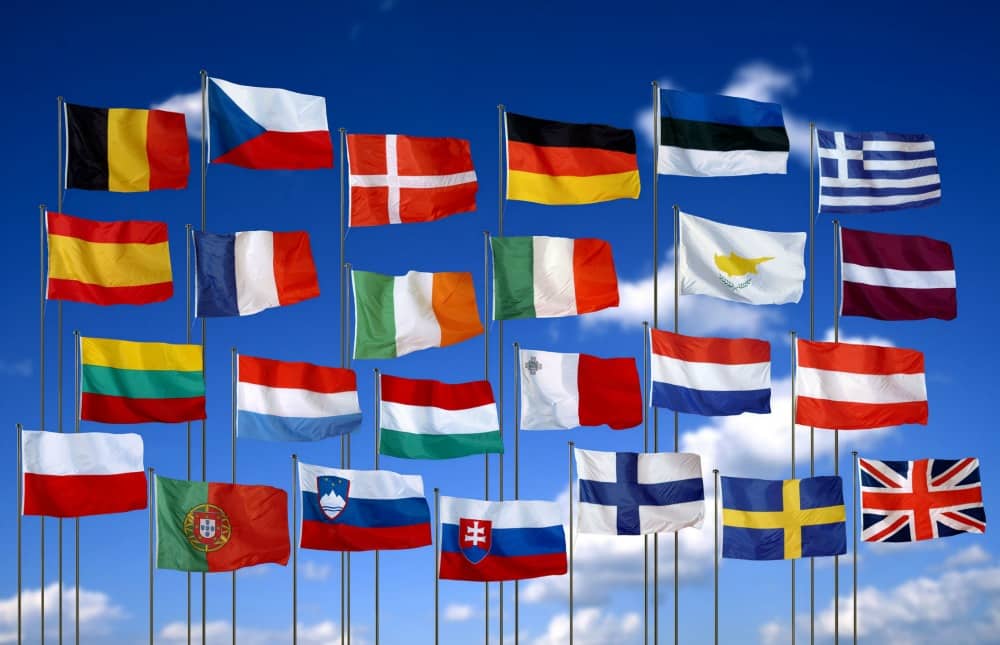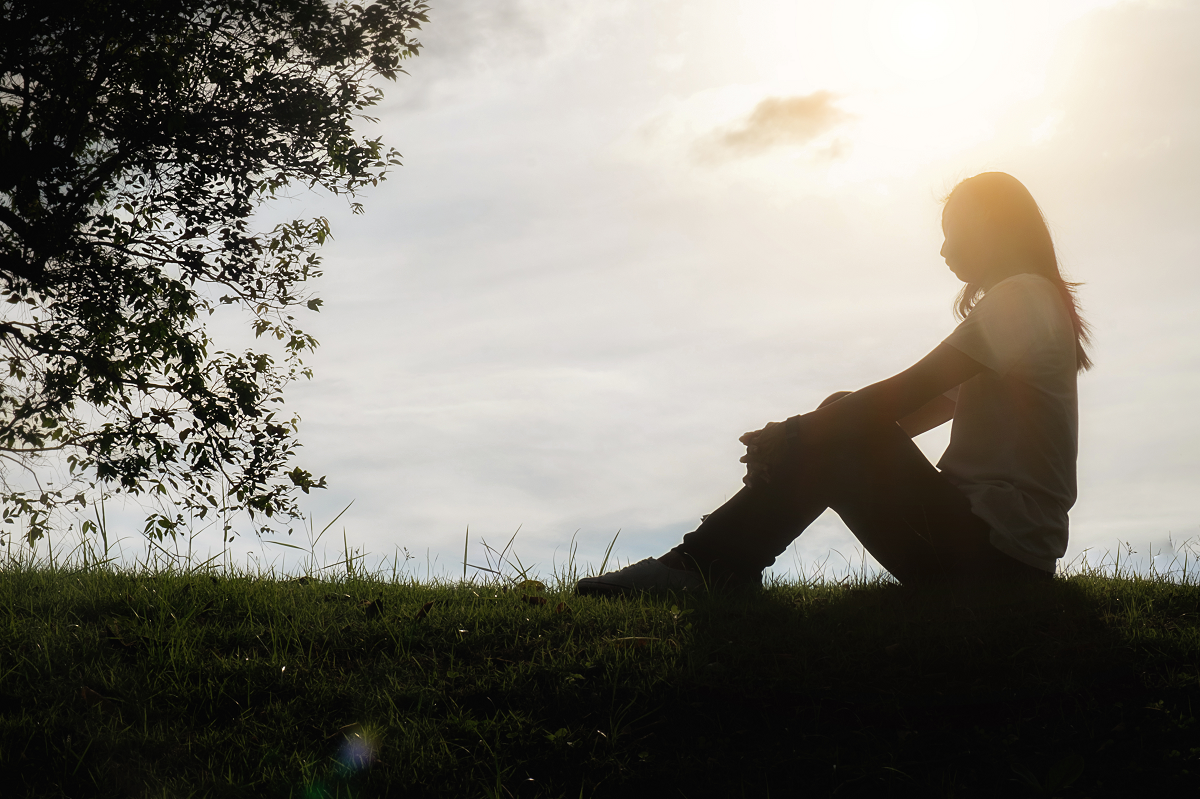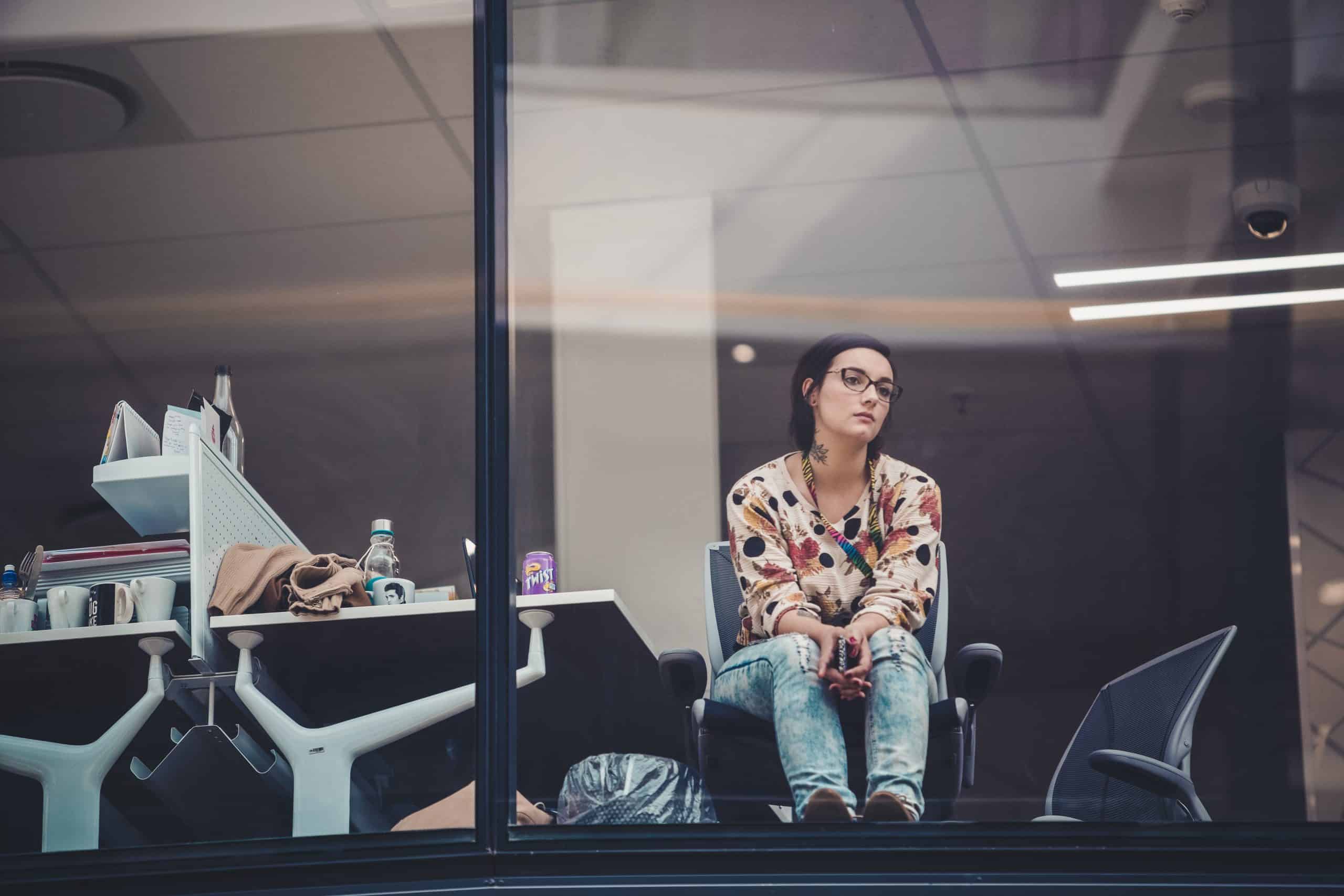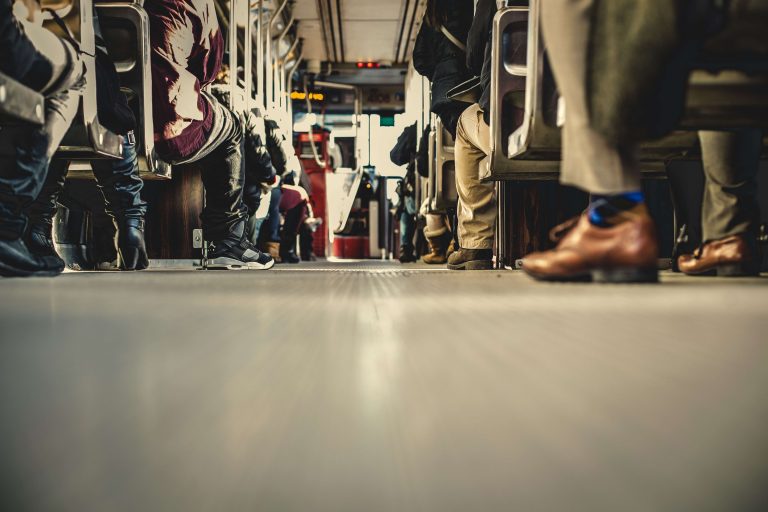Economists Looking For God
Hans BloklandJune 22, 2015
A science is not called a discipline by coincidence: its students are actively and deliberately disciplined to think and behave in the specific ways that define a discipline. They are trained to observe reality in...
Does the support of democratic values lead to higher degrees of individual social tolerance? A case study from Germany
Yusril NurhidayatMarch 1, 2021
In an increasingly interconnected world in which national borders are losing significance, promoting social tolerance is critical. Unfortunately, maintaining harmony and peace in emerging multicultural societies has proven challenging. This article shows the effects of...
Do People Know What They Want? Social Scientific Responses
Hans BloklandNovember 10, 2015
Market and liberal democracy are both based on the assumption that individuals are the best possible referees of their personal interests. This makes sense because nobody knows us as long and as well as we...
Developing a social enterprise devoted to democracy, deliberation and respect in a progressively hostile and indifferent environment: Experiences and observations of a social science trying to work in the eastern part of Germany
Hans BloklandDecember 20, 2023
As citizens increasingly lose trust in politics and society, it becomes more important than ever for state and civilian organizations to be reliable, predictable, transparent, and decent. When citizens become more and more difficult to...
Democracy Under Pressure: Political Radicalization and Citizen Discontent in East Germany
Hans BloklandFebruary 16, 2026
Just like in numerous other Western countries, democracy in Germany is coming under increasing pressure. In 2026, legally mandated elections are scheduled in two western and three eastern federal states, and elections are looming in...
Deliberation Against Populism: Reconnecting Radicalizing Citizens In East Germany & Elsewhere
Hans BloklandOctober 13, 2017
In the deliberative project “Deliberation against Populism” we organized two events with citizens from Brandenburg, Germany, to discuss the problems that trouble them. The prime goal of the project was to find new ways to...
Deliberating Homosexuality: Empirical Observations and Analyses
Hans BloklandFebruary 28, 2019
Like many other western countries, Germany still has medical doctors, therapists and priests that believe that homosexuality is an illness that can be cured. For instance, the weekly Der Spiegel recently reported on Gero Winkelmann...
Deliberating Discrimination, Antisemitism, Racism, Sexism, Homophobia in Volatile Schools in Hamburg: Why was there a wall between East and West Germany and not one between the North and the South?
Hans BloklandMarch 4, 2020
In 2019 Social Science Works enjoyed a close cooperation with a district-school in Hamburg. We formed two groups of about 12 pupils each that volunteered to participate in our deliberative project on discrimination, respect and...
Debating Values & Identity With Newcomers & European Natives
Hans BloklandMarch 3, 2016
In 2015, roughly 1,1 million refugees came to Germany. About 428,500 of these people are Syrians. Refugees from Iraq (13%) and Afghanistan (10%) form the second and third largest group. For 2016, the prospects are...
Countering Radicalization: What the Research on Deliberation and Radicalization Teaches us
Hans BloklandOctober 7, 2018
Could radicalization be prevented or reversed by bringing together those that have seemingly entered this path, with other not (yet) radicalized citizens, to discuss fundamental issues like: democracy, pluralism, freedom, autonomy, respect and gender? The...
Contemptuous Encounters: How Internalised Beliefs about Work and Self-Esteem Create a System of Mutual Resentment
Phillip ReissenweberMarch 11, 2022
Bringing people together can be a risky business. You invite people from different parts of the society. They might distrust you. They might also distrust the people they expect to meet. Part of that distrust...
Constructief praten met meer en minder gevestigde burgers over wereldbeschouwingen
Hans BloklandJanuary 18, 2018
Sinds 2016 organiseert Social Science Works (SSW) in Duitsland reeksen van deliberative workshops met vluchtelingen, met rechts-radicale populisten, en met vrijwilligers en beroepskrachten die werkzaam zijn in het vluchtelingen en het maatschappelijk werk. SSW is...

